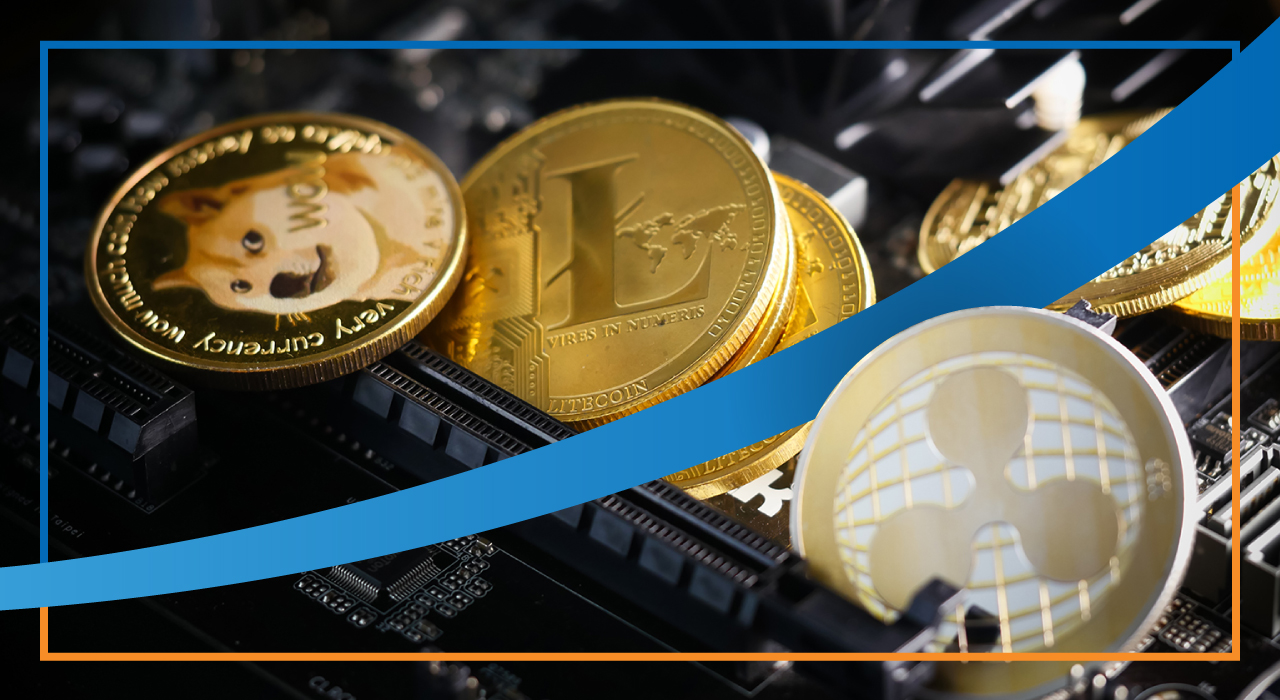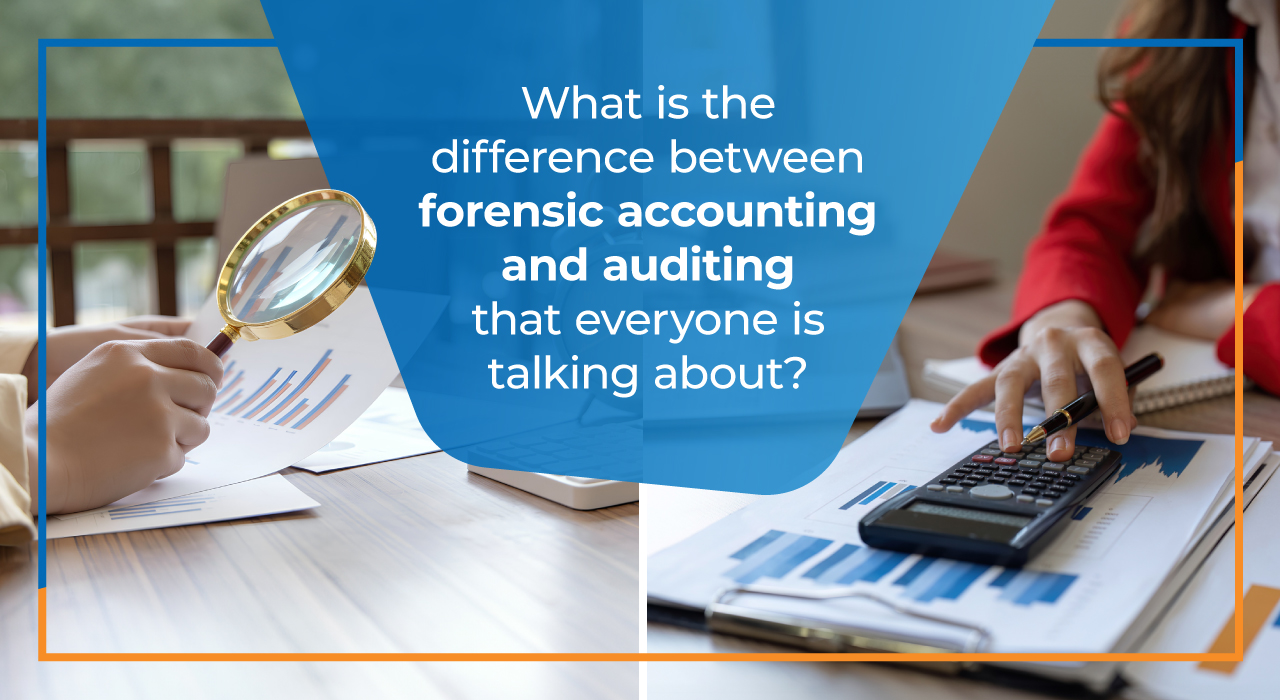There has been much noise about cryptocurrency since its introduction in 2013.
While the concept of digital currencies initially sparked global interest and scepticism in equal quantity, Nations have taken a unique and progressive approach to regulating this booming industry. Today, the UAE’s stance on cryptocurrency regulation is attracting global attention as it fosters a thriving environment for cryptocurrency in uae.
Blockchain as the recordkeeper
We all know there is nothing traditional about Cryptocurrency in Dubai. So it is crucial to know that it will neither be recorded nor stored in the conventional ways. Cryptocurrency has a different decentralised recording system. Imagine a digital record book that multiple people share, and whenever someone writes something in it, everyone in the group gets a copy of the updated record book. Once something is written in the record book, it’s hard to erase or change because everyone has a copy and can check if anything has been altered.
Similarly, Blockchain is a digital ledger or record-keeping system that stores information in a way that makes it secure and difficult to tamper with due to strong encryption protocols. Blockchain is the system that powers cryptocurrencies. The distributed decentralised record system across multiple computers ensures those transactions’ security, transparency, and immutability. Blockchain’s key features are:
- Think nodes, not banks: Instead of a central authority verifying and recording transactions, Blockchain relies on a decentralised network of computers to do so. Each node has a copy of the updated complete ledger. It is decentralised.
- Think algorithms and not receipts: When someone initiates a cryptocurrency transaction (e.g., sending Bitcoin to another person), it gets verified by multiple nodes on the network. These nodes use complex cryptographic algorithms to reach a confirmation that the transaction is confirmed and valid.
- Welcome the block: There is no equivalent in the money or banking world for a “Block”. To further secure your virtual asset, valid transactions are grouped into a “block.” Once a block is complete, it’s sealed with a cryptographic seal, creating a link to the previous block in a chain-like fashion.
Once a block is added to the Blockchain, altering or deleting any information within it becomes challenging. This immutability is a powerful feature of blockchain technology. Blockchain ledgers are usually public, allowing anyone to view the transaction history. However, your identity as an involved party is typically pseudonymous, identified by a string of characters rather than your personal information.
Cryptocurrency as a precious virtual asset
Now we know that Blockchain is the path for cryptocurrency trading. Cryptocurrency is a type of digital or virtual currency that depends on Blockchain’s cryptographic techniques for security. Here are some key points about cryptocurrencies:
- Not Physical: Cryptocurrencies exist only in digital form. They have no physical counterparts like banknotes or coins.
- Decentralised: This is why crypto has gained so much popularity; it is a truly global currency. Most cryptocurrencies operate on decentralised networks, meaning no central authority (like a central bank) controls Cryptocurrency.
- Security: Cryptocurrency’s basic principle of existing on a system like Blockchain and cryptography makes crypto resistant to fraud and counterfeiting.
- Pseudonymity: Cryptocurrency transactions are often pseudonymous, meaning they don’t directly reveal the parties’ identities. However, the transaction details are recorded on the public Blockchain.
- Global: Cryptocurrencies can be sent and received globally, making them borderless and accessible to anyone with an internet connection.
Some of the large players
While Cryptocurrencies are universally digital assets, there are different types of cryptocurrencies which differ in technology, purpose, and adoption. This is exactly like how dollars and other currencies such as dirhams, pounds, and rupees are distinct fiat currencies with their own characteristics and use cases. Here are a few popular cryptocurrencies that you may have heard of:
Bitcoin (BTC) – The Cryptocurrency Pioneer
Bitcoin, introduced in 2009 by the mysterious Satoshi Nakamoto, is the original and most renowned Cryptocurrency. Operating on a decentralised peer-to-peer network, it employs a proof-of-work system for secure transaction verification and coin creation. In 2023, Bitcoin soared to new heights, driven by increased mainstream acceptance and institutional adoption.
Ethereum (ETH) – Beyond Digital Currency
Ethereum, the second-largest Cryptocurrency by market capitalisation, has made its mark as a versatile blockchain platform. It enables the creation of smart contracts, decentralised applications (DApps), and other innovative solutions. In 2023, Ethereum gained significant momentum with the launch of Ethereum 2.0, a monumental upgrade aimed at enhancing scalability, security, and energy efficiency.
Binance Coin (BNB) – Beyond the Exchange
Binance Coin (BNB), born in 2017 as the native token of the Binance exchange, has expanded its horizons far beyond its initial purpose. It now serves as a utility token for trading and fee payments on Binance, one of the world’s largest crypto exchanges.
Tether (USDT) – The Stable one
Tether finds its value anchored to the US dollar at a 1:1 ratio, boasting total reserves to support its tokens. Renowned for its stability and liquidity, Tether is a preferred exchange medium and value store in the crypto-verse.
Cardano (ADA) – A Scientific Approach to Blockchain
Cardano, the third-largest Cryptocurrency by market cap, distinguishes itself as a blockchain platform focused on scalability, security, and sustainability. Cardano is set apart due to its scientific approach and dedication to peer-reviewed research.
Ethereum, Bitcoin, Binance Coin, Tether, and Cardano have displayed remarkable performance and potential within the crypto market. They offer many benefits and use cases for users and developers alike.
Cryptocurrency in UAE
Governments around the world are exploring the implications of digital currency. The United Arab Emirates (UAE) has set forth on a journey to harness its benefits while maintaining a cautious stance against potential misuse. An advantage for the UAE is its federal structure. The UAE consists of seven emirates, each with significant autonomy in legislative matters that do not fall under a central federal jurisdiction.
This decentralised system empowers individual emirates to formulate and implement their regulations for digital assets within the jurisdiction of each emirate. As a result, there is healthy competition among Emirates, with each racing to create the most attractive regulatory environment for businesses and investments. This competitive edge has led to various incentives, including tax breaks and the establishment of free economic zones for cryptocurrency in uae.
Cryptocurrency ownership and trading in the UAE
One of the critical questions for those interested in Cryptocurrency in Dubai is whether owning and trading digital assets is legal in the UAE. The answer is a resounding yes. Citizens and residents in various emirates are allowed to own cryptocurrencies, trade them on exchanges, and invest in them. Dubai, in particular, has positioned itself as a welcoming ambience for the digital asset industry’s growth.
The UAE Blockchain Strategy 2021 further demonstrates the UAE government’s forward-looking approach to digital assets. This initiative aims to leverage blockchain technology and foster innovation in various sectors, including finance. As a result, the UAE has become one of the most progressive countries for the cryptocurrency industry, attracting numerous businesses and entrepreneurs.
However, if you are looking forward to trading or investing in Cryptocurrency in UAE, knowledge of the below regulations will be helpful.
Regulations guarding the UAE’s cryptoverse.
The UAE’s approach to Cryptocurrency is a collage of regulations introduced to grow the market while curbing illegal activities. The complexity arises from the UAE’s unique federal structure, comprising seven emirates, each with its regulatory powers.
Key entities like the Central Bank of the UAE (CBUAE), Securities and Commodities Authority (SCA), Dubai Financial Services Authority (DFSA), and Financial Services Regulatory Authority (FSRA) oversee different aspects of financial markets.
While the legality of some crypto activities is difficult to comprehend, there’s no prohibition against cryptocurrency ownership, trading, or investment in the UAE. The government’s favourable stance towards blockchain technologies, encapsulated in the UAE Blockchain Strategy, highlights the nation’s commitment to continue to be a hub for cryptocurrency businesses.
Cryptocurrency in Dubai. Pioneering virtual assets law
Undoubtedly, Dubai’s evolving cryptocurrency market aligns with global standards. Dubai’s ambitious nature has successfully placed itself at the forefront of technological innovation, by introducing the Virtual Assets Law in 2022.
This legislation clarifies cryptocurrency regulation, encompassing virtual currencies like Bitcoin and non-fungible tokens (NFTs). It introduces a licensing regime, imposes penalties for non-compliance and emphasises transparency to prevent currency laundering.
The law establishes the Dubai Virtual Assets Regulatory Authority (VARA), promoting Dubai’s role in the virtual assets sphere. VARA’s objectives include attracting investment, providing regulations, and ensuring financial stability.
Investing in Bitcoin
Investors must choose platforms adhering to VARA’s regulations to invest in BTC through centralised exchanges. Popular exchanges like Palmex, BitOasis, and Binance, with Virtual Asset Licenses, offer secure channels for trading cryptocurrency in uae.
Taxation
Tax residents enjoy zero percent taxes on capital gains, business income, and salaries. Cryptocurrency profits fall under these favourable tax laws, making Dubai an attractive destination for you as an investor. Registering a company in Dubai’s Free Zones can facilitate residency.
The Dubai International Financial Centre (DIFC) and Dubai Multi Commodities Centre (DMCC) have actively embraced Cryptocurrency in Dubai, offering businesses a supportive business environment. These free zones promote foreign investments and highlight Dubai as a global centre for technology and trade.
Embracing the future
Dubai’s dive into cryptocurrencies signifies a courageous step towards a tech-driven financial future. With progressive uae cryptocurrency regulations and a commitment to fostering innovation, the UAE is a thriving hub for cryptocurrency enthusiasts, investors, and businesses, standing shoulder-to-shoulder with global counterparts in this digital revolution.
Two emirates, Abu Dhabi and Dubai are the crypto trade hubs. Hence,
The Abu Dhabi Global Market (ADGM) and the Dubai Virtual Assets Regulatory Authority (VARA) have introduced frameworks that address the nuances and complexities of digital assets.
The ADGM’s framework:
- It provides clarity on the classification and treatment of various digital assets.
- It distinguishes between “virtual assets” like Bitcoin and Ethereum, “digital securities,” and other tokens with different utilities.
- The definitions are specific and not generalised. Thus, such specificity sets the ADGM apart from many other jurisdictions, ensuring market participants understand the regulatory boundaries.
The VARA’s Framework:
- Based in Dubai, it takes a universal approach to taxonomy.
- It defines “virtual assets” as “any digital representation of value that may be digitally traded, transferred, or used as an exchange or payment tool, or for investment purposes.”
- This broader definition allows VARA to adapt to the constantly evolving world of digital assets.
ADGM and VARA authorities are committed to promoting UAE’s position as a regional and international hub for virtual assets. They aim to enhance investor understanding of the sector, attract investments, and foster an environment where businesses related to virtual assets can thrive.
Registration and licensure
As an industry participant in some jurisdictions, one of your frequent needs will be the need for clarity around uae cryptocurrency regulation, registration and licensure. ADGM and VARA have taken steps to address these issues by providing clear roadmaps for digital asset businesses seeking to engage in regulated activities.
To operate as an ADGM-approved digital assets business, a company must apply for Financial Services Permission and comply with applicable laws. Businesses seeking to operate as VARA-approved “Virtual Asset Service Providers” follow a similar process. Both ADGM and VARA have mechanisms to enforce compliance and penalise violations. These permissive frameworks provide clear guidelines for market participants, ensuring that businesses operate within the bounds of the law.
Taxation and the Dubai advantage
Dubai’s commitment to cryptocurrency-friendly legislation extends to taxation also. Tax residents in Dubai enjoy a significant advantage: zero percent taxes on capital gains, business income, and salary. Cryptocurrency in Dubai is treated similarly to other properties concerning tax laws. This means you are not required to pay taxes on cryptocurrency profits.
Make use of the free zone:
Becoming a tax resident in Dubai is relatively straightforward, and one standard method is registering a company in one of Dubai’s Free Zones. These Free Zones offer a range of benefits, including tax advantages, making them attractive destinations for businesses and entrepreneurs in the cryptocurrency space.
The Dubai International Financial Centre (DIFC) is another significant player in the UAE’s cryptocurrency world. Established as a financial-free zone, the DIFC has progressed in its virtual asset approach. It issued uae cryptocurrency regulation and guidelines for cryptocurrency exchanges and ICOs as early as 2017, demonstrating its commitment to attracting cryptocurrency-related businesses.
A thriving ecosystem
Dubai’s forward-thinking approach has led to establishing crypto valleys to enhance the digital asset business environment. For instance, the Dubai Multi Commodities Centre (DMCC) has launched a crypto valley intending to attract cryptocurrency investors and entrepreneurs.
The DMCC’s free zone offers several advantages, including zero personal and corporate income tax. Additionally, members of the DMCC can repatriate all their yields without limitations. This favourable environment has made Dubai a hub for cryptocurrency businesses, drawing comparisons with Switzerland’s Crypto Valley.
How we can help
There is clarity in UAE’s support towards the cryptocurrency market. With its decentralised federal structure, healthy competition among emirates, and transparent regulatory frameworks, the UAE has created an ambience where cryptocurrency trade can be done fluidly.
Our team at Nair and Nelliyattcan readily assist individuals and businesses in comprehending the complexities of cryptocurrency-related activities. Whether you are new to the crypto world or someone who needs expert consultancy at any point in your journey, we are here for you. Our in-depth knowledge of the financial, regulatory and accounting sector allows us to give you the right advice to make your crypto journey seamless and hassle-free in the UAE.




